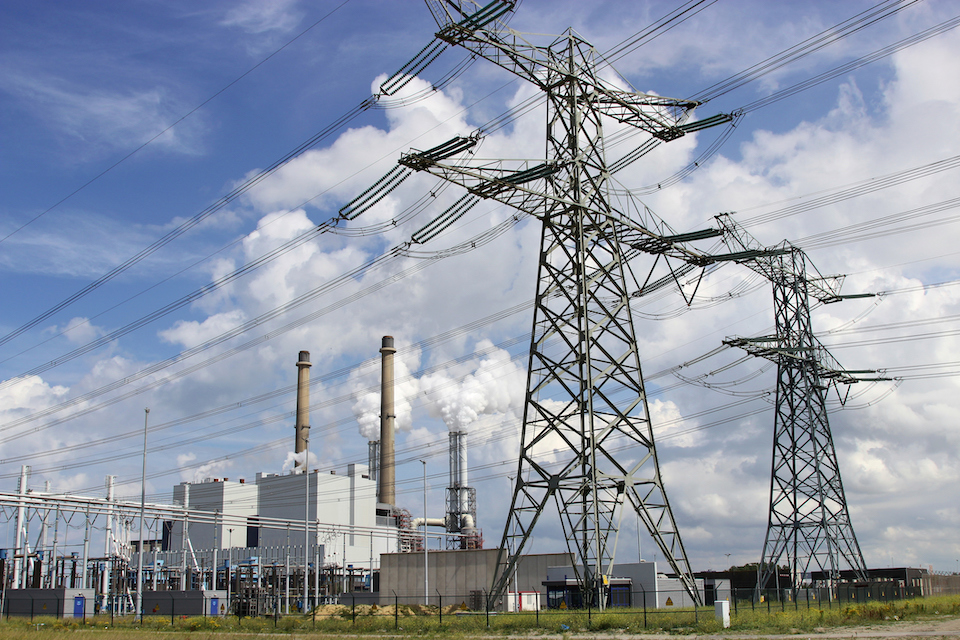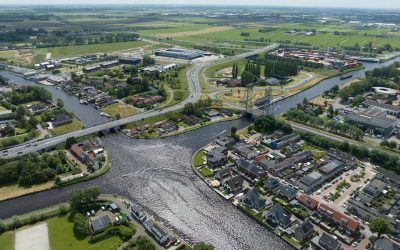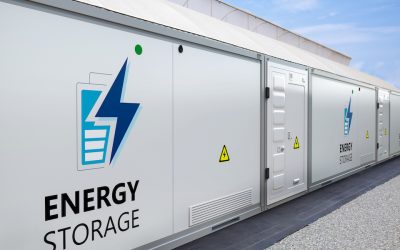Grid tariffs: a painful reality
The costs of grid management, especially electricity, are expected to rise dramatically. This means that our energy bills, despite the falling costs of sustainable energy, will become considerably more expensive. Although grid costs only account for a part of the total energy bill, a doubling or tripling of the rates is an unwelcome development.
The need for a decentralized energy system
To moderate rising grid tariffs and accelerate the energy transition, a switch to a decentralized energy system is crucial. This means :
- Simultaneity : Ensuring that energy is generated when it is needed, for example through smart control of devices.
- Proximity : Generating energy close to where it is consumed, for example with solar panels on roofs.
- Energy storage : Store excess energy in batteries, hydrogen or other forms of energy storage, also for the long term.
Benefits of a decentralized energy system
A decentralized energy system offers numerous advantages:
- Affordability : Less dependence on expensive investments in the electricity grid.
- Robustness : Less vulnerable to malfunctions and failures.
- Sustainability : Reduction of CO2 emissions and contribution to achieving climate goals.
Time is running out
We have no time to lose. Rising grid tariffs and the urgency of the climate crisis demand rapid action. Let us seize 2025 to accelerate the transition to a decentralized energy system.
The rising grid tariffs are a wake-up call. It is time to invest in a decentralized energy system that is affordable, robust and sustainable. Only then can we successfully complete the energy transition and guarantee a livable future.





